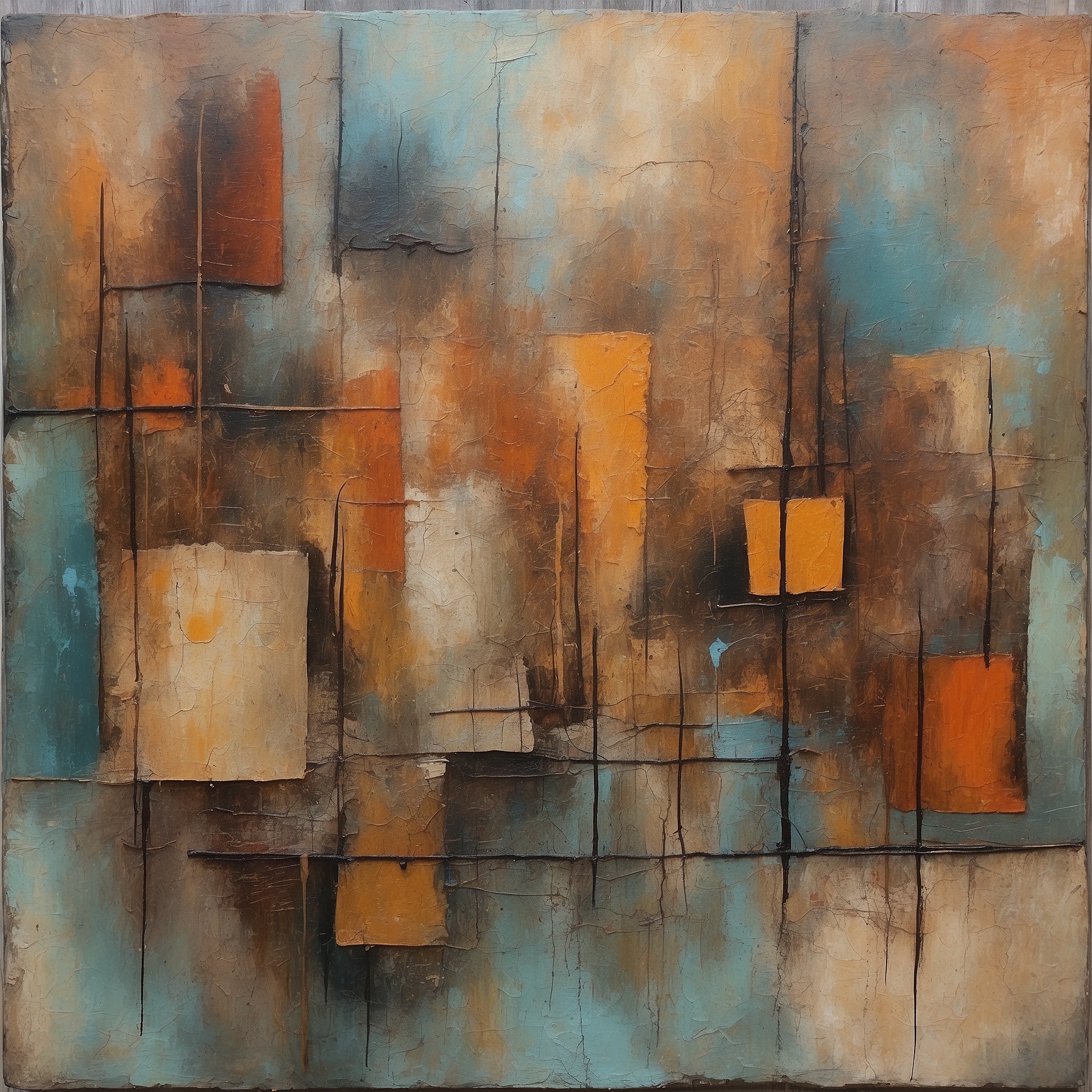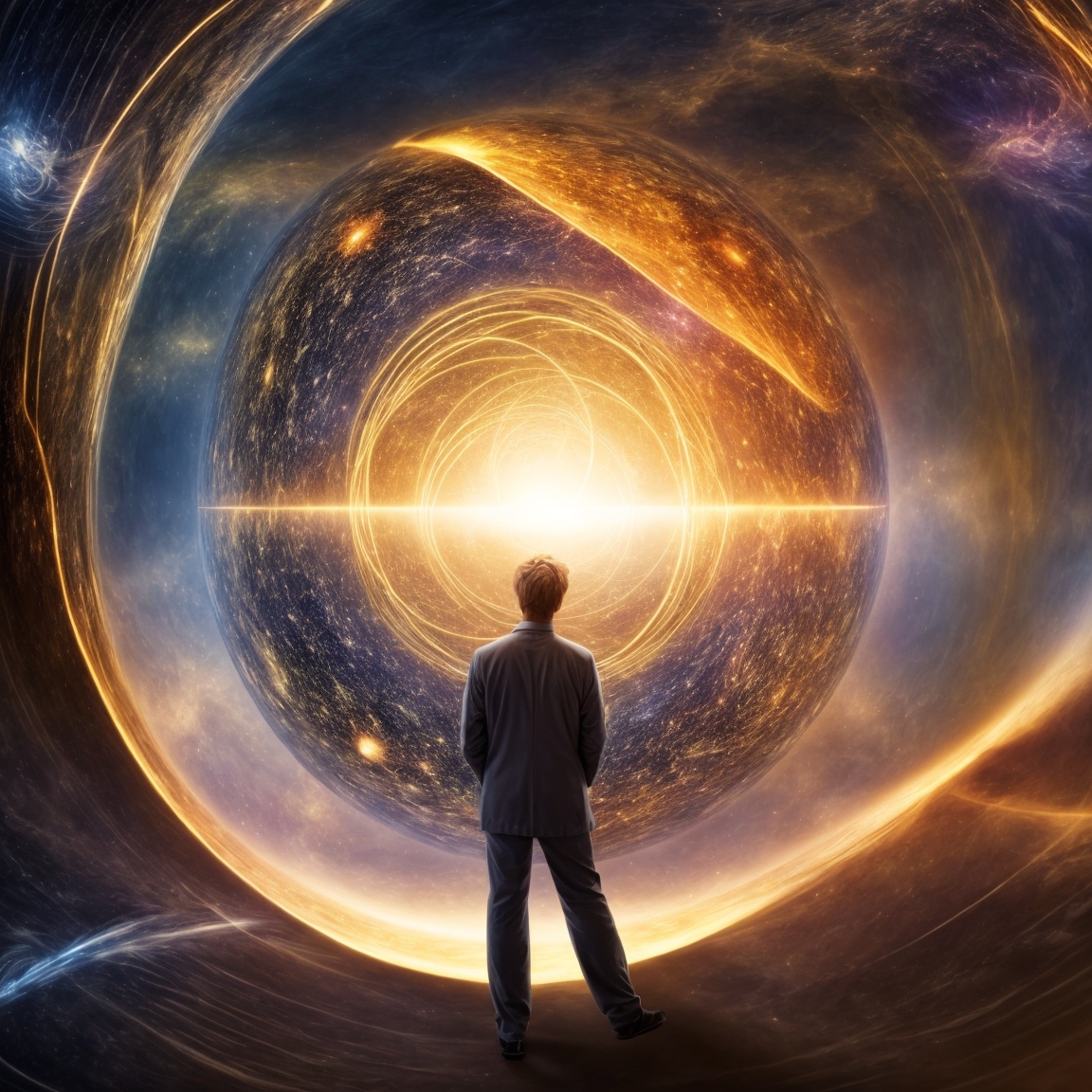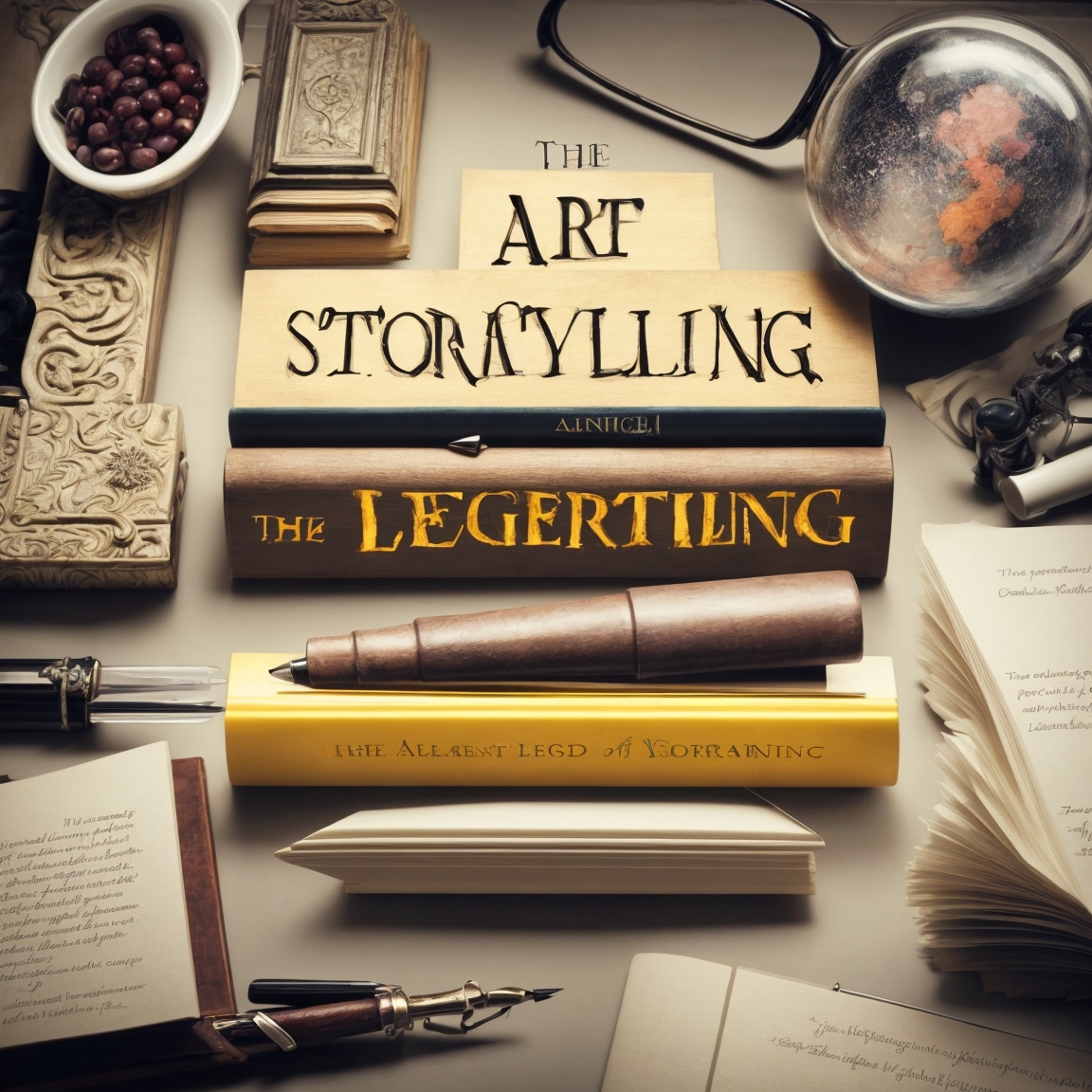The Dance of Perception: A Philosophical Inquiry
The Dance of Perception
An Exploration of Fate, Creativity, and the Divine
In the realm of philosophy, we often find ourselves at the crossroads of determinism and free will, the tangible and the metaphysical, and the spark of creativity that defines our human experience. It is within this intricate dance of perception that we seek to understand the world and our place within it.
Determinism and the Threads of Fate
The ancient Greeks personified fate in the form of the Moirae, or the Fates. Clotho, Lachesis, and Atropos controlled the thread of life, spinning, measuring, and eventually cutting it. This portrayal of destiny raises questions about our own sense of agency. Are we truly in control of our actions, or are they predetermined by the laws of nature? The concept of determinism suggests the latter, implying that every event, including human behavior, is causally linked to prior occurrences.
However, the dance of perception invites us to consider a more nuanced perspective. While our actions may be influenced by past events, the interpretation and response to those events involve a degree of free will. We are the dancers, and while the music may guide our movements, we ultimately choose how to express ourselves within its rhythm.
The Influence of the Unseen: Aether and Perception
Our senses are our windows to reality, but what if perception itself is shaped by an unseen force? The concept of aether, a hypothetical substance once believed to fill the universe, offers an intriguing parallel. Just as aether was thought to facilitate the propagation of light, could there be an invisible medium influencing our sensory experiences and shaping our understanding of the world?
This idea raises philosophical questions about the reliability of our senses. If perception is subject to unseen influences, how can we trust the interpretations we make about the world? The dance of perception becomes a delicate balance between the tangible and the hypothetical, inviting us to explore the boundaries of our sensory experience.
Creativity has long been associated with the divine, a gift from the gods, or a spark of inspiration. It is in the act of creation that we find purpose and meaning. Yet, the absence of creativity, or ‚uncreativeness‘, suggests a lack of this divine fire. In the dance of perception, where does creativity originate, and what happens when it is absent? Is it a gift bestowed upon us, or is it an intrinsic part of our nature, waiting to be unleashed?
The very act of philosophical inquiry can be seen as a creative process, a dance of ideas and concepts. As we explore the intricacies of fate, perception, and the unseen, we engage in a creative dialogue that shapes our understanding of the world and our place within it.
A Universal Language in a Diverse World
From Brahmanism to Pentecostalism, and Baptistic doctrine to folk dancing, the world presents a rich tapestry of religious and cultural expressions. In this diversity, is there a universal language or experience that unites us all? Can we find common ground in the dance of perception, where our unique perspectives and beliefs come together in harmony?
The concept of a universal language suggests a shared understanding that transcends cultural and religious boundaries. It implies a fundamental human connection that exists beyond words, in the very act of perception itself. As we navigate our differences, the dance of perception invites us to find beauty in our shared humanity.
As we continue on this philosophical journey, let us embrace the dance of perception with open minds and hearts. For it is in this dance that we find the true essence of our human experience, where every perception and interpretation becomes a step towards a deeper understanding of ourselves and the world we inhabit.













































